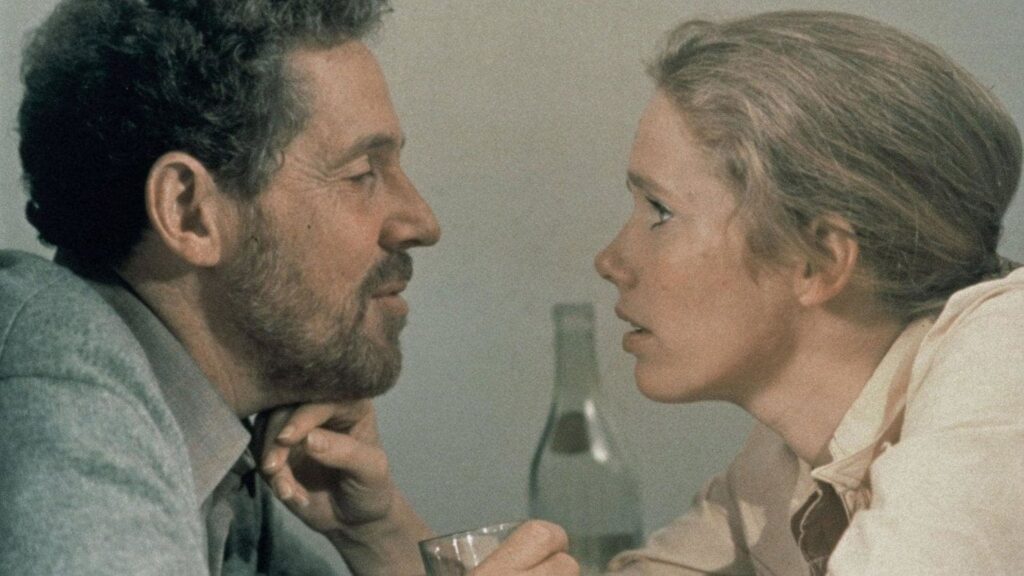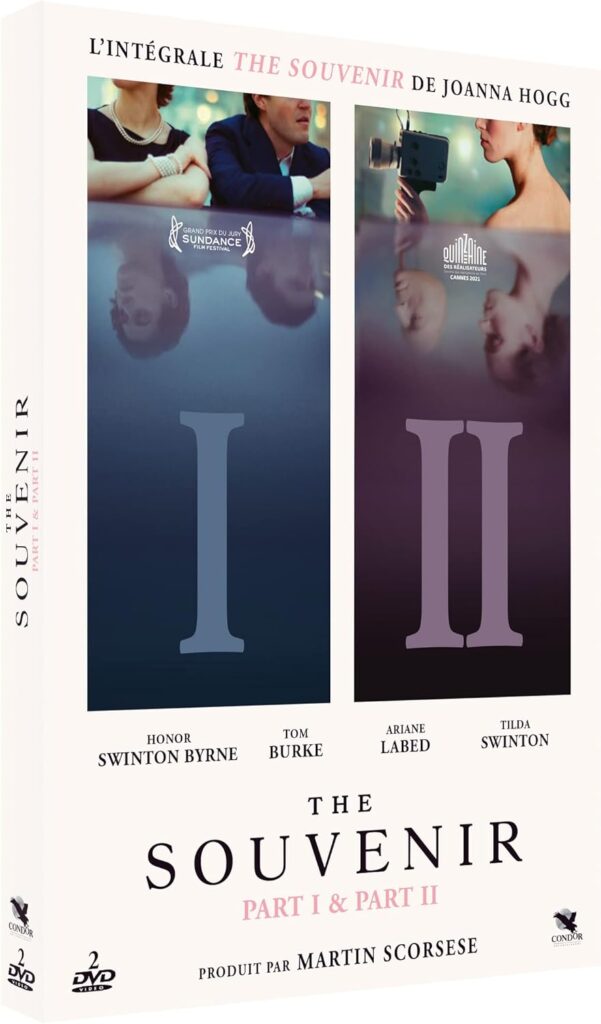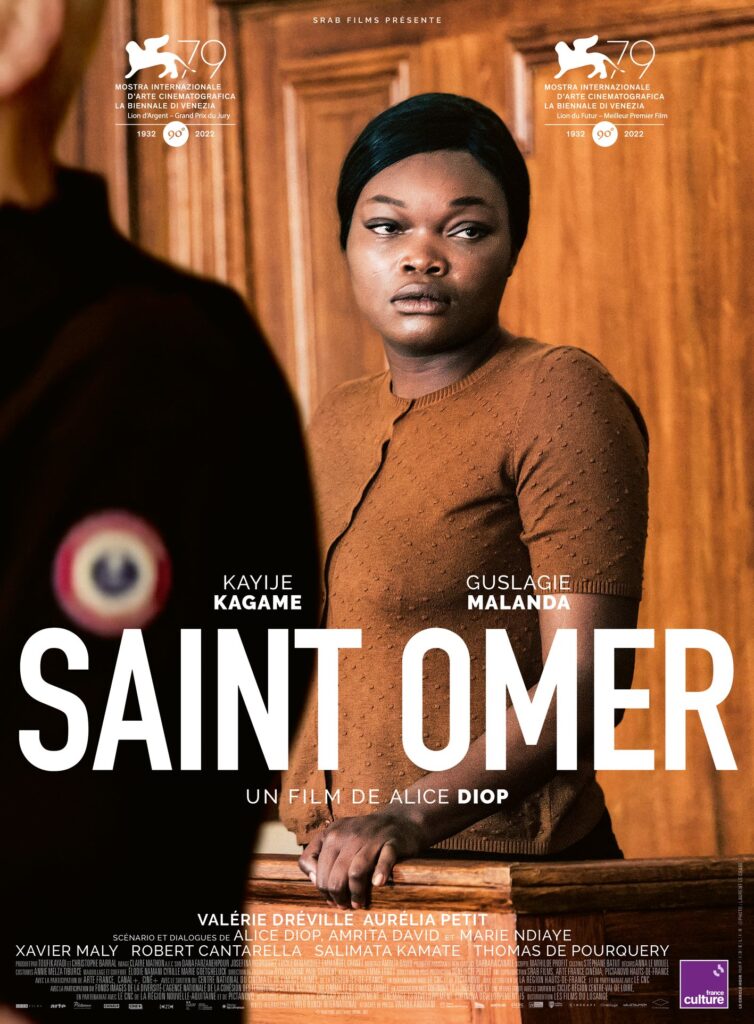A Latine couple’s marriage crumbles under the weight of a child abuse investigation.
Domestic Drama | Legal Drama | Docufiction
Miniseries
In Development
An Account documents an Illinois DCFS case from May 2019 to May 2024. Although it showcases different aspects of the state apparatus, this work is primarily a character-driven domestic drama centered on the adverse impact this case has on the parents, Luis Ramírez and Avery Lopez.
MAIN CHARACTERS
Avery (27) and Luis (24) are a Latine couple living in Chicago. Luis fits the classic socially inept intellectual archetype. His lower-class background, leftist politics, and bilingualism sometimes clashes with Avery’s middle-class upbringing, scattershot approach to politics, and lack of knowledge of Spanish. They are united, though, by their outlook on life, their love for each other, and their daughter Sofía Ramírez-Lopez (18mo).

Emilio Ochoa (30) is the father of Avery’s two older children, Jupiter (11, M) and Persefone Ochoa (11, F). He was also Avery’s first serious romantic partner. He exudes charisma, something that Luis decidedly lacks. This charisma, in turn, positively affects the Court’s perception of him. Emilio, Jupiter, and Persefone dislike Luis; the feeling is mutual.
STRUCTURE
An Account is told chronologically in two feature-length parts.
EPISODE 1: Julie Q | Ashley M | Jessica R
May 2019. The case begins.
EPISODE 2: Communism and the Family
January 2021. The case continues. Avery and Luis question the role of the State as it pertains to education and child-rearing.
This work incorporates heavy dialogue, long takes, atypical framing & composition, and long stretches of silence, resulting in a minimalist feel. An Account is a very restrained work that challenges popular understanding of Latine cinema.

WHY NOW?
Courtroom dramas typically contain these three elements: murder (or some other sensational crime), a jury, and a sense of closure. However, having witnessed the legal system firsthand, none of these are required for a courtroom drama to be worth telling. In fact, these elements have the inadvertent side effect of obscuring the ennui of injustice in the U.S. legal system.
An Account is a mostly autobiographical rendering of a case that should not exist. It is also a reflection on American society at large. To that end, this work has three main goals:
- Highlight DCFS’s problems and contextualize them within the broader American institutional framework. A critique of DCFS will therefore serve as a case study in American institutional failure.
- Illustrate the trauma experienced by couples like this one, both in the context of DCFS and in the broader context of life in the United States. The point is to provide a humanistic glimpse of the couple beyond simple victimization or vilification.
- Deconstruct the ideas of narrative and legal drama.
THEMES
The main focus is reality itself. This work questions Luis and Avery’s reliability as articulators of their own stories, both in the narrative and in real life. Other themes/topics explored include [administrative] language, the role of the State, competing visions of Latinidad, working-class politics, U.S. imperialism, and feminism in the post-MeToo era.
COMPS


An Account is modeled structurally after The Souvenir (Parts I+II). Part I sets up the story. Part II is both a chronological continuation and a deconstruction of Part I.
An Account takes after Saint Omer thematically and tonally. Both films interrogate the legal system that brought the main character(s) in and analyze the artist’s obligation to their chosen subjects.
BIO
Josué Turcios is a Chicago-based filmmaker interested in expanding the parameters of American cinema. Josué’s work focuses on the intersection of Latino philosophy and working-class politics.
CONTACT
For further inquiries, please Josué Turcios.